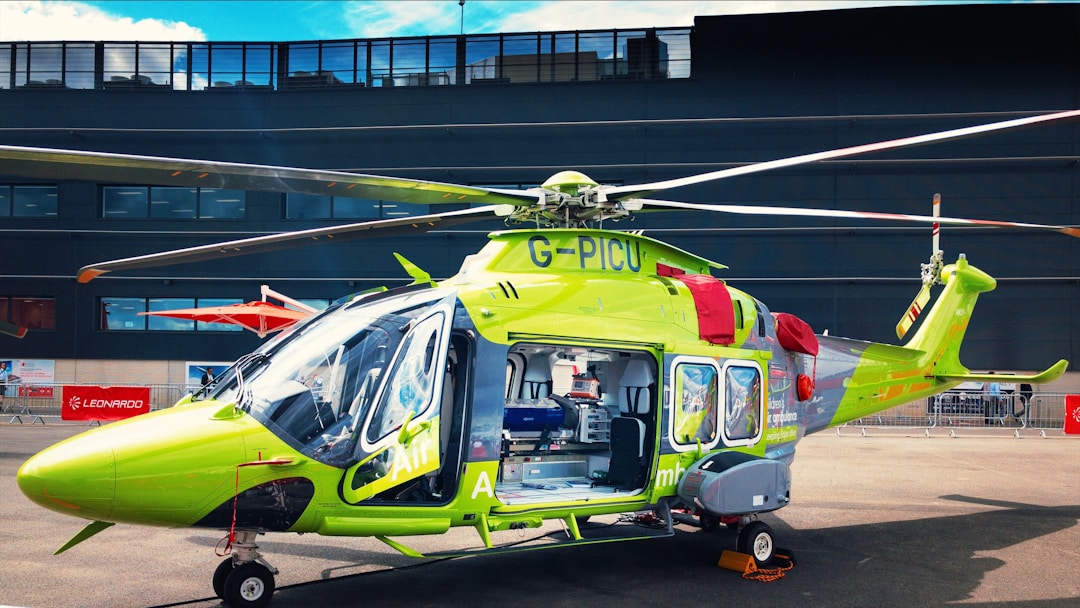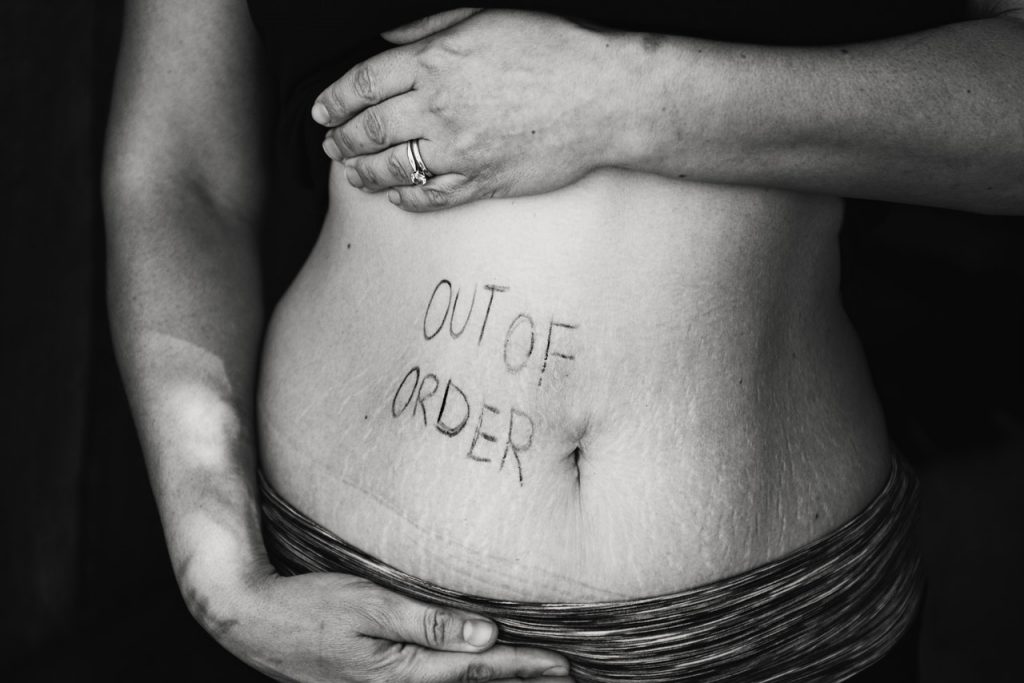Accidents, illnesses, and injuries can happen while you are traveling abroad. Travel insurance gives you some peace of mind in the event something happens while on vacation. Within your travel insurance policy are repatriation and medical evacuation coverage.
What is repatriation coverage?

Repatriation coverage helps cover the expenses of transporting you or a family member back to your country of origin following an illness, injury, or death abroad. Whether you need a higher quality of care than where you are on holiday, or it’s more cost-effective for your insurance provider to transport you home for treatment, repatriation coverage helps with this.
Most travel policies include repatriation insurance according to the approved circumstances set out by your insurance provider. High levels of coverage reflect the realistic costs of repatriation, which can be expensive in remote locations and places with high costs. There are several options to get you back to your home country with medical repatriation. Depending on the policy, your commercial flight will be upgraded to ensure you can elevate your legs or lie flat. You may also be given a medical escort or placed on a private charter plane with medical equipment and personnel.
Flying Angels gives a great breakdown of how medical repatriation works. A medical evacuation happens following an injury in a natural disaster or accident to transport a patient to the nearest emergency care center. Most of the time, this involves an air ambulance and trained medical personnel. Evacuation coverage covers the costs of transportation but not your medical bills.
Repatriation coverage helps with the costs of returning to your home country once you are stable to travel. Typically, medical repatriation doesn’t involve medical personnel on non-emergency medical travel. Insurance companies use the term medical repatriation about the transport of your or your family member’s remains to your home country in the event of a death abroad.
What is medical evacuation coverage?

Medical evacuation coverage is responsible for medical repatriation. It’s common for travel insurance policies to cover emergency transport to the nearest medical facility to perform emergency care. Once you are in a stable condition, medical evacuation helps cover the cost of arranging transportation to your home country for medical treatment. When facing a life-threatening condition that the local medical facility isn’t equipped to handle, medical evacuation is necessary.
What would happen to your family members upon your death in the event of a life-threatening injury or illness? Life insurance coverage protects your beneficiaries’ and family’s financial future following your death. There are two key components to a life insurance policy, the death benefit and the premium. When looking for a life insurance company, you should have a clear view of your current financial situation to determine how much coverage you would need to maintain your beneficiaries’ standard of living. The younger and healthier you are, the easier it will be to qualify for term life insurance. Risky lifestyle choices such as smoking tobacco or having risky hobbies make it difficult to qualify for a term life policy or lead to higher rates.
Insurance brokers make it easy to compare life insurance quotes online so that you can find the best rates and ideal amount of coverage for your specific situation. Provide some personal information about yourself, and you can start comparing life insurance policies from top-rated insurance companies to find the type of policy for your needs.
Read the fine print.

No matter what type of insurance policy you are shopping for, you must always pay attention to the dollar limit on your policy’s medical evacuation and repatriation coverage. Take the time to understand all limitations, inclusions, and exclusions that your insurance company covers if something happens. Some evacuation policies only cover transport or air ambulance to the nearest acceptable facility where you’ll stay until you can be repatriated. If you don’t have enough medical evacuation coverage, you’ll be paying out-of-pocket for your medical transportation to your country of origin.
Life is full of what-if situations, whether you are at home or on vacation. Always make sure you have financial peace of mind before leaving your country of origin by having the right amount of coverage.


